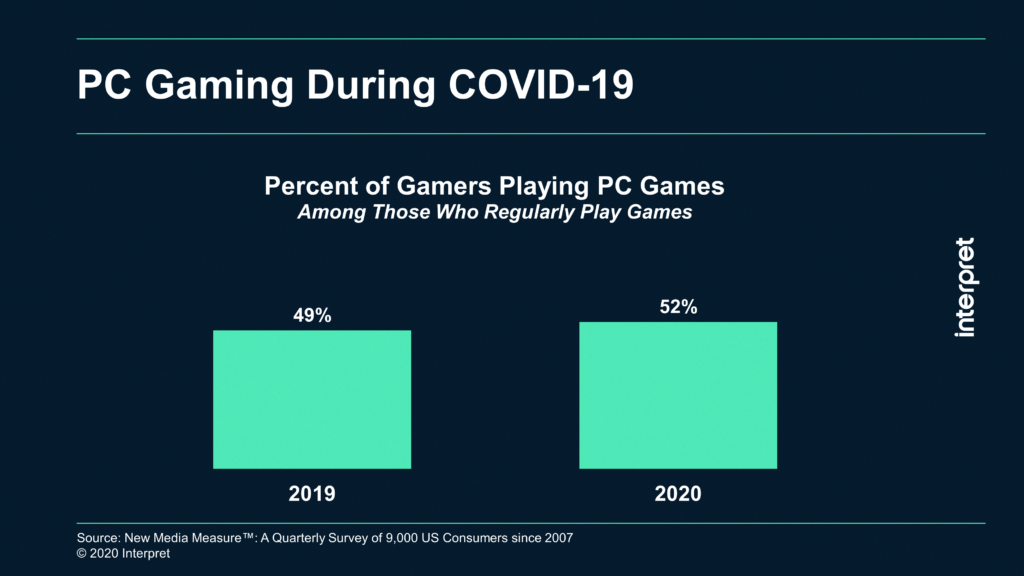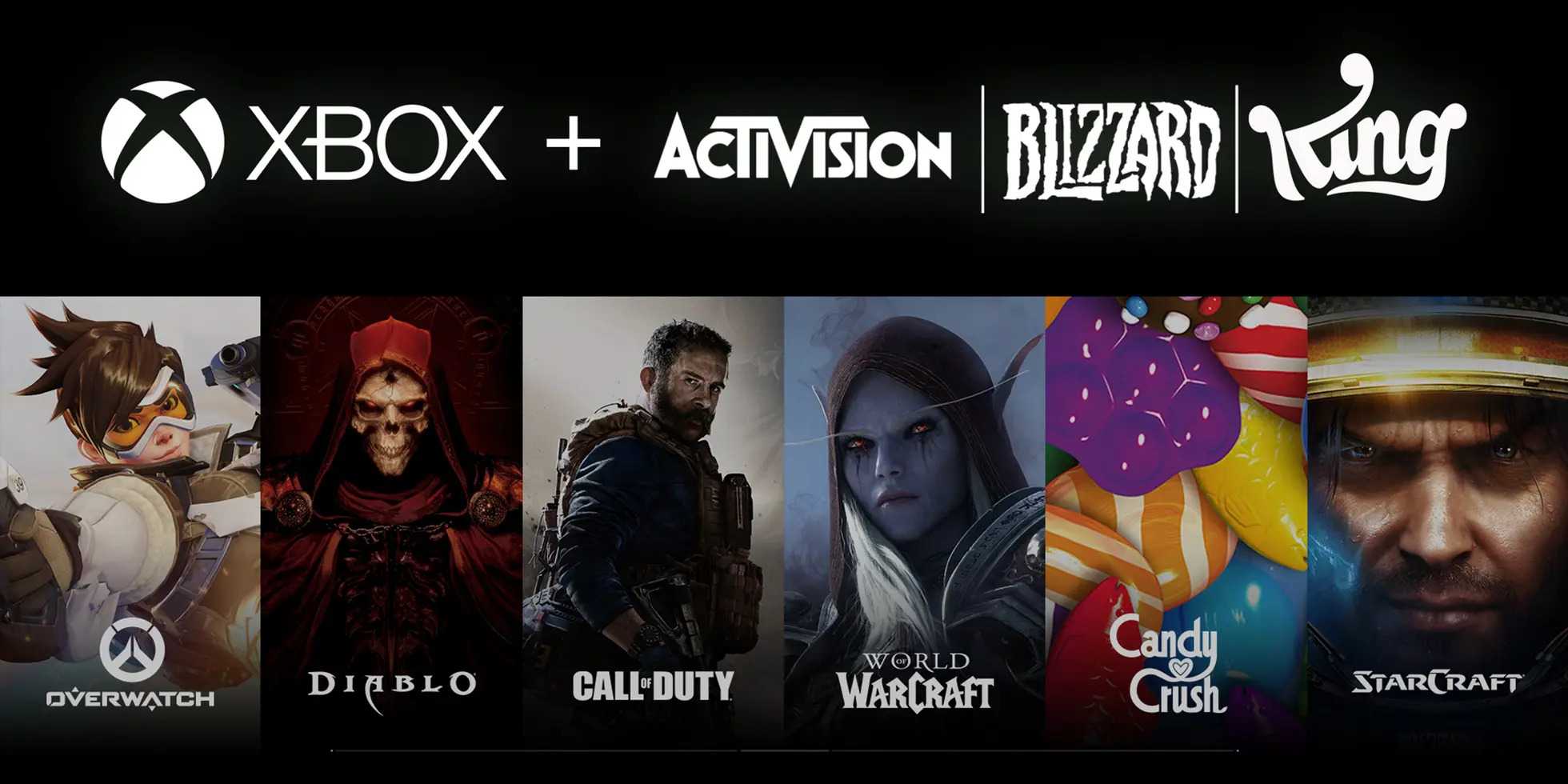While much of the hardcore gaming world had its eyes on the new Xbox Series X and PS5 consoles over the holiday season – even as the Nintendo Switch was the best-selling console in the US for the 24th month straight – there’s a large swath of gamers who prefer playing new games on their PC.
The first piece of evidence came from Blizzard’s enduring World of Warcraft franchise (launched in 2004), whose newest expansion Shadowlands became the fastest-selling PC game of all time on launch day with 3.7 million units sold. Shadowlands broke a record previously held by another Blizzard property: Diablo 3 sold 3.5 million copies on its first day in 2012. Not to be outdone, CD Projekt’s Cyberpunk 2077 launched on PC days later and sold more than 4.7 million copies on its first day. The game amassed 8 million pre-orders across platforms but a whopping 59% were for the PC.
For two blockbuster games to launch and smash PC sales records back-to-back in the same year is noteworthy on its own, but then there’s also the meteoric jump in usage for Valve’s popular Steam platform. Steam actually broke its concurrent users record twice over just a couple days – seeing over 24.7 million users followed by another high of 24.8 million users in mid-December. Back in March, when the COVID-19 outbreak began to force lockdowns, Steam had previously climbed to a record 22 million users. It’s clear that games like Cyberpunk 2077 have played a large part in the platform’s more recent boost, but the PC gaming surge is evident across the board.
According to Interpret’s New Media Measure®, the percent of gamers playing PC games rose from 49% in 2019 to 52% in 2020. Moreover, Interpret data indicates that the average weekly hours gamers spent playing PC games increased from 3.2 hours in 2019 to 3.7 hours in 2020 – that’s an additional 26 hours played on PC during the year per gamer. With the strong track record of innovation evidenced by leading hardware manufacturers in the space (e.g., Nvidia’s new Ampere-based GPUs), the PC gaming surge isn’t likely to slow down in 2021.







